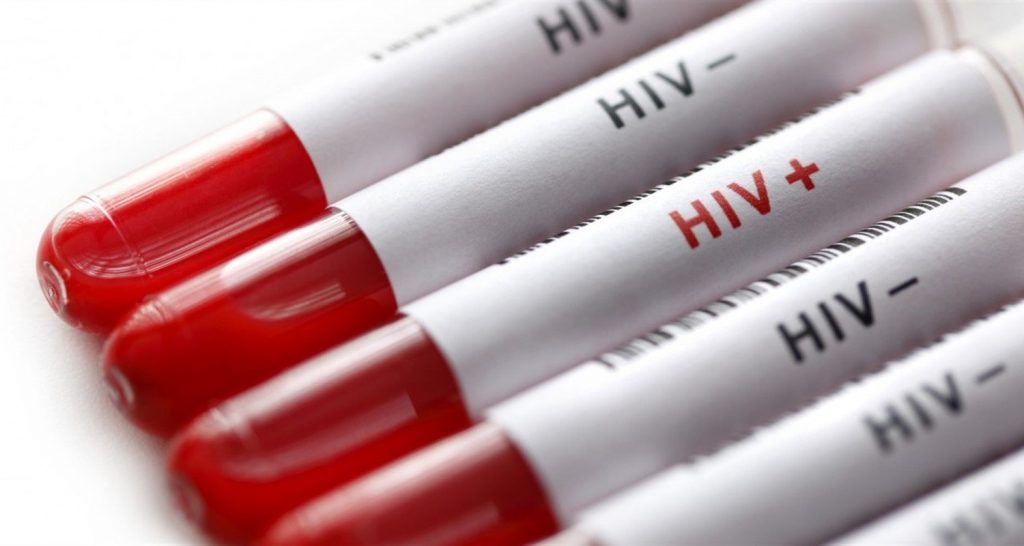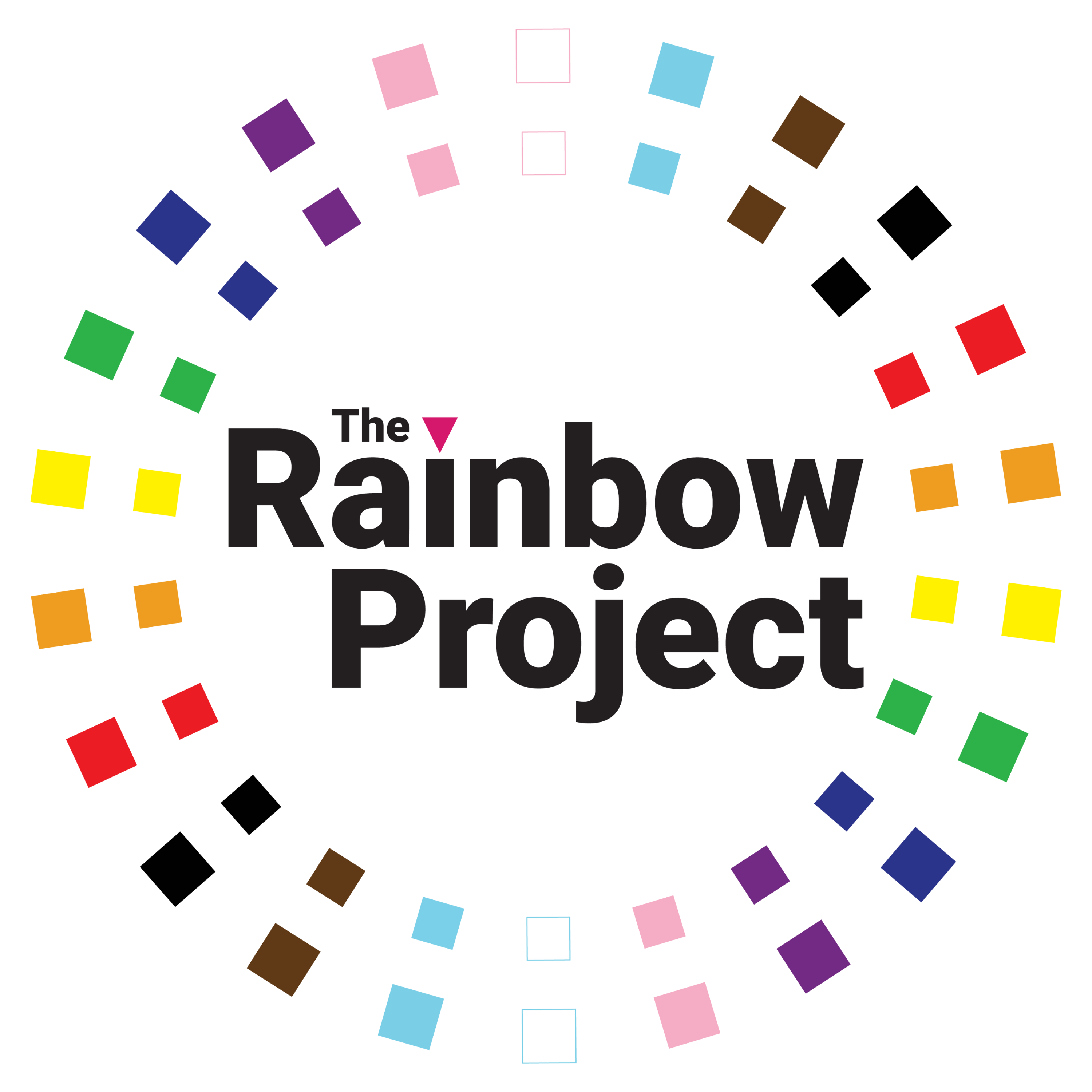
Home > HIV Awareness
HIV Awareness
Answers to frequently asked questions about HIV If you need support, advice or an HIV test contact us through our website, telephone or social media.
What is HIV?
HIV (human immunodeficiency virus) is a virus that damages the cells in your immune system and weakens your ability to fight everyday infections and disease. There’s currently no available cure for HIV, but there are very effective drug treatments that enable most people with the virus to live a long and healthy life. In fact, the medication for HIV (anti-retroviral therapy) is so effective that 97% of people living with HIV in Northern Ireland are ‘Undetectable‘ This means that their viral load of HIV is so low that they cannot transmit HIV onto anyone else by any means.
Are HIV and AIDS the same thing?
No. When someone is described as living with HIV, they have the HIV virus in their body. A person is considered to have developed late-stage HIV also known as AIDS (acquired immune deficiency syndrome) when the immune system is so weak it can no longer fight off a range of diseases with which it would normally cope. Whilst HIV can be transmitted person to person, late-stage HIV or AIDS cannot. Due to early diagnosis and effective treatments for HIV now, most people living with HIV will not develop late-stage HIV or AIDS.
Is HIV still a serious issue in Northern Ireland?
Although HIV is now a long-term, manageable condition and not a death sentence, we’d still consider HIV a serious issue as it impacts over a thousand individuals living with HIV in Northern Ireland, and up to a hundred people are newly diagnosed each year.
We believe that with access to; STI testing, Relationship & Sexuality Education (RSE), PrEP, PEP and Treatment as Prevention (TasP) we could eliminate new HIV diagnoses by 2030.
HIV is still a serious issue for us because HIV stigma continues to persist. HIV stigma adversely impacts people living with HIV, with many (due to the fear of discrimination or hostility) either unable to disclose their status or worried that they’ll be ‘outed’ as someone living with HIV.
How is HIV passed on?
HIV is passed on through infected bodily fluids such as semen (cum or precum), vaginal fluids, blood, breast milk and anal mucous. The most common ways HIV is transmitted are through sex without a condom and through sharing needles or other injecting drug equipment.
You cannot get HIV through:
- Kissing
- Hugging
- Shaking hands
- Sharing household items like cutlery or bed linens,
- Using hot tubs or swimming pools,
- Sitting on toilet seats,
- Sharing spaces with people living with HIV
- Having unprotected sex with someone who is living with HIV but is ‘Undetectable’
Can you get HIV from oral sex?
The risk of HIV transmission from performing oral sex is very, very low but it can still happen. It is best to avoid giving oral sex if you have cuts or sores in your mouth or bleeding gums, as this increases the risk of HIV entering your body. Never brush or floss your teeth directly before performing oral sex as this can cause cuts or bleeding in your mouth.
How can I protect myself and others from infection?
When used correctly, condoms are effective against HIV transmission when having vaginal or anal sex. For anal sex using condoms and non-oil based lube is the most effective way to prevent HIV transmission. Do not use oil based products such as baby oil, lotion, or petroleum jelly as these weaken condoms and can cause them to break. You may also want to use a condom or dental dam during oral sex, although the risk of HIV transmission is much lower. You can get free condoms and lube from The Rainbow Project here.
Post-Exposure Prophylaxis, or PEP, is a medication which can be used by those who fear they have been exposed to HIV through unprotected sex. PEP must be taken within 72 hours after risk or exposure. If you know you have put yourself at risk and it is within 72 hours of possible exposure to HIV, you can ask for Post Exposure Prophylaxis (PEP) treatment from a sexual health clinic or A&E. PEP is not guaranteed to prevent HIV infection but the sooner it is taken the more effective it can be. You can learn more about PEP here.
Pre-Exposure Prophylaxis, or PrEP, is a medication which if taken as directed is very highly effective at preventing HIV transmission during unprotected sex. Though PrEP does not protect against other STIs or pregnancy. You can find more about PrEP here. PrEP is available for free at GUM clinics across Northern Ireland for anyone who is eligible. You find out if you’re eligible and how to book an appointment to start PrEP here.
Never share needles, syringes or any other injecting equipment. You can find out where your nearest needle exchange is here
Who is at risk of HIV infection?
If you are having sex without a condom, you could be putting yourself at risk. However, some groups such as gay and bisexual men carry a disproportionate burden of HIV as unprotected anal sex carries a higher risk of HIV infection than vaginal sex. People who inject drugs are at high risk of acquiring HIV, if they share injecting equipment.
What should I do if I think I may have contracted HIV?
If you think you have put yourself at risk of HIV infection, you should go and get a free and confidential test. You can do this at The Rainbow Project or at your local sexual health (GUM) clinic. Details on rapid HIV & syphilis testing at The Rainbow Project can be found here.
If you know you have put yourself at risk and it is within 72 hours of possible exposure to HIV, you can ask for Post Exposure Prophylaxis (PEP) treatment from a sexual health clinic or A&E. PEP is not guaranteed to prevent HIV infection but the sooner it is taken the more effective it can be.
What are the symptoms of HIV infection?
Most people will experience a short one to two week illness that’s similar to a flu, up to six weeks after contracting HIV. This is known as ‘seroconversion illness’ most commonly its symptoms include fever, sore throat, body rash and less commonly tiredness, joint pain, muscle pain and swollen glands. It’s important to remember that experiencing these symptoms does not necessarily mean you have contracted HIV, as these symptoms are often commonly caused by other conditions too such as a cold of a flu.
After these symptoms of seroconversion illness pass, someone with HIV may then live for many years without having any further symptoms to indicate that they have the virus. Even without symptoms present, the virus will continue to weaken your immune system. Eventually your immune system will be so severely damaged that’ll you start experiencing symptoms such as weight loss, chronic diarrhea, night sweats, recurrent infections and serious life threatening illnesses. How long it takes between getting seroconversion sickness to experiencing symptoms of a severely weakened immune system changes from person to person – but it may take up to ten years.
It’s worth noting that nearly every symptom you might Google will likely have HIV as a suggested cause, this is because HIV damages your immune system and can cause a large number of physical ailments. Before you panic, remember that it’ll take years (up to ten) to experience serious symptoms (i.e. not seroconversion illness) of HIV. If you’ve had a negative HIV test within the last year – it’s not likely that these symptoms aren’t related to HIV. But if you’re concerned you should always get an HIV test, for your peace of mind and to ‘rule out’ HIV.
What should I do if I experience symptoms of HIV?
If you are concerned that you are experiencing the symptoms of HIV you should go and get a free and confidential test. You can do this at The Rainbow Project or at your local sexual health (GUM) clinic. Details on rapid HIV & syphilis testing at The Rainbow Project can be found here. It could be just a bad case of flu, but there is also a risk it could it be the early signs of HIV infection so it’s always best to know for sure by getting tested.
